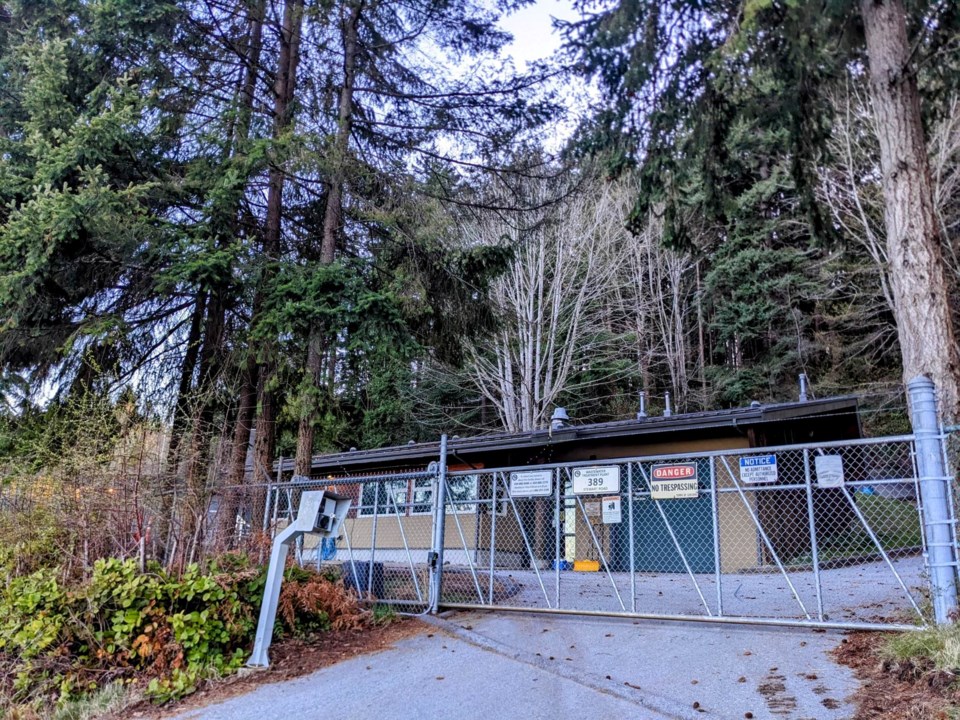Editor's note: The following is an updated version of a story first published Nov. 28.
When the Town of Gibsons council meets to discuss the budget in the new year, a change to utility charges for accessory dwelling units will be included for consideration.
At a Nov. 21 committee of the whole meeting, staff brought forward a report on utility charges for accessory dwelling units under the Housing Strategy’s goal of investing and incentivizing priority unit types.
There are three types of utilities charges for residences in Gibsons: water, sewer and garbage and organics collection. Staff said the water volumetric is aligned with additional use, but the other charges are fixed based on the number of units, which the staff report states “may create a disincentive to the development of additional dwelling units by applying additional costs, regardless of the increased level of service required.”
Staff suggested it would be best and more fair to adjust the charges to be more closely aligned with use.
Going to one charge per residential property would increase the annual charge by roughly $25 per year, raising the base rate for all garbage collection. Property owners who require additional bins would be able to request them. The cost of bin tags would increase by $0.25 to $4.25, the staff report states.
Staff also suggested a volumetric component to the sanitary sewer user fee rate structure, which would be a long-term project that has been on staff’s radar. In the short term, staff suggested dropping the charges per additional suite to one rate per residential property. Based on 2023 numbers, this would have been an additional $36 per property (separate from other increases such as the five per cent increase in the long-term financial plan for sewer envisions).
Coun. Annemarie De Andrade said she is concerned about this approach. “I think this puts the burden on residents,” she said, adding her concern about social equity and increasing tax for seniors. She later added that she is supportive of long-term volumetric rates, but not supportive of the increase proposed.
Other elected officials spoke in favour of the possible incentivization for more rentals. Coun. David Croal said, “It’s not going to be a quick fix, but I think staff can move us in that direction.”
During the committee meeting, council voted to direct staff to address the utility rate structure fee to apply one minimum charge per residential property regardless of the number of accessory dwellings and integrate the proposed rate structure into the 2024 utility billing process for consideration. Staff will present rate and bylaw analysis and recommendations for the budget meeting in late January.
At a Dec. 5 regular council meeting, council further discussed the utility charges rate structure. De Andrade moved a motion for council to confirm its commitment to revising the sanitary sewer fee on a volumetric rate structure, to better align with use, and reflect that in the 2024-2027 budget and staff plans.
Mayor Silas White asked council to discuss whether the proposed rate structure should apply to short-term rentals or whether short-term rentals (also known as residential guest accommodation or RGAs) should retain a separate fee structure. Croal said making long-term rentals attractive to property owners makes sense, and added that short-term rentals are businesses and traditionally businesses and residences have been treated differently. He said he thinks RGAs should pay the additional fees because they are causing an increase in water and sewer demands and profiting. As for garden suites, Croal said Gibsons is trying to encourage infill and density, and if they are long-term rentals, he would like those garden suites to receive the same benefits as the people renting long-term suites in their houses.
Coun. Christi Thompson suggested holding off a year on the short-term rentals and focusing strictly on long-term rentals, since Gibsons is looking at reviewing its RGA regulations by December 2024, following provincial mandates.
De Andrade questioned whether sewer rates would incentivize property owners, and said she would prefer accelerating the long-term volumetric program. Staff said the timing is due to a staff position that needs to be filled.
Croal commented that volumetric rates are “a little carrot at the moment, but the overarching message is that this council is trying to encourage people… to rent, and I think it’s a small step that we need to take in this direction.” White suggested amending the sewer rate motion to add that stream two RGAs will continue to be charged per residential unit beginning in April 1, 2024, which carried.



